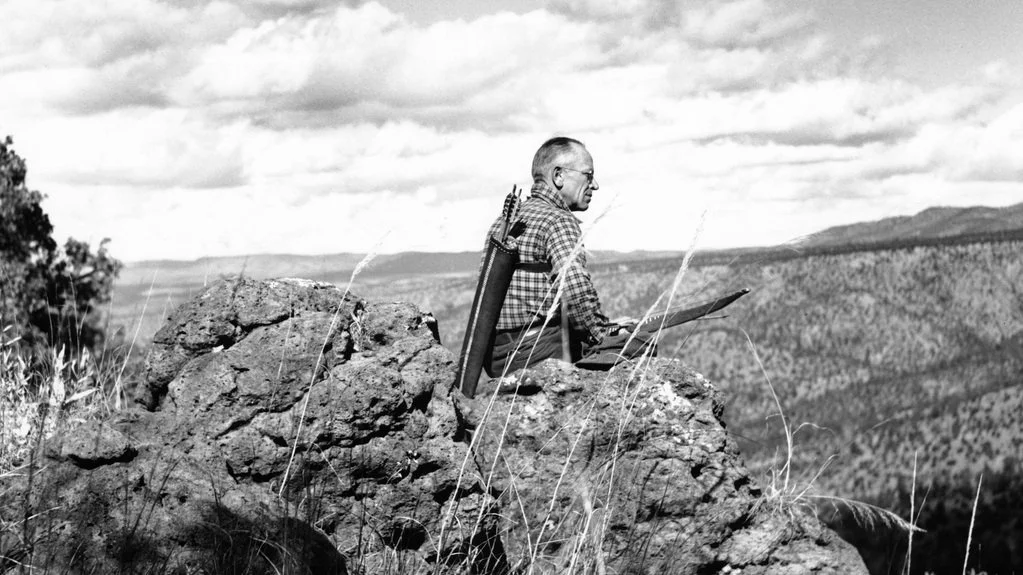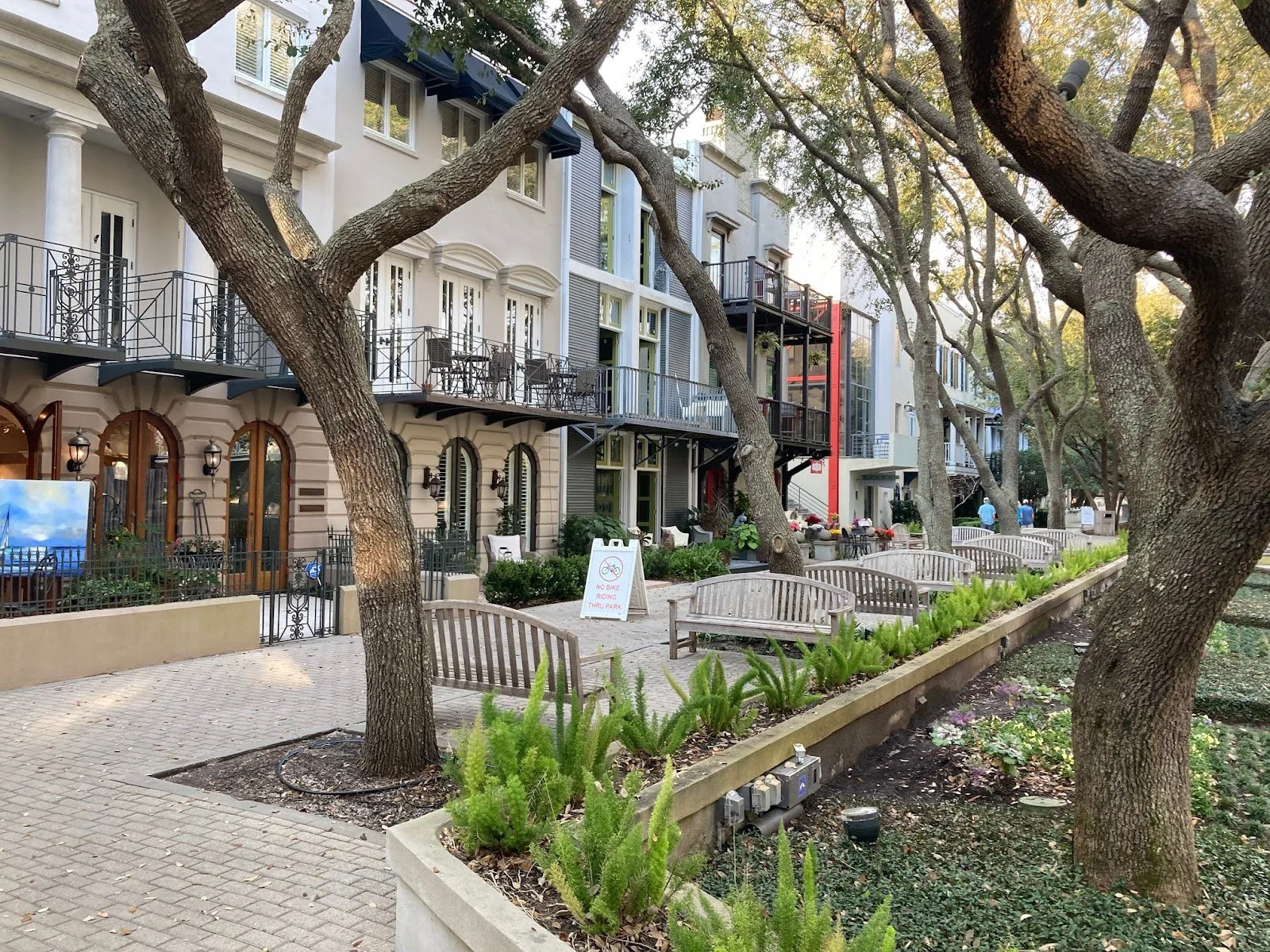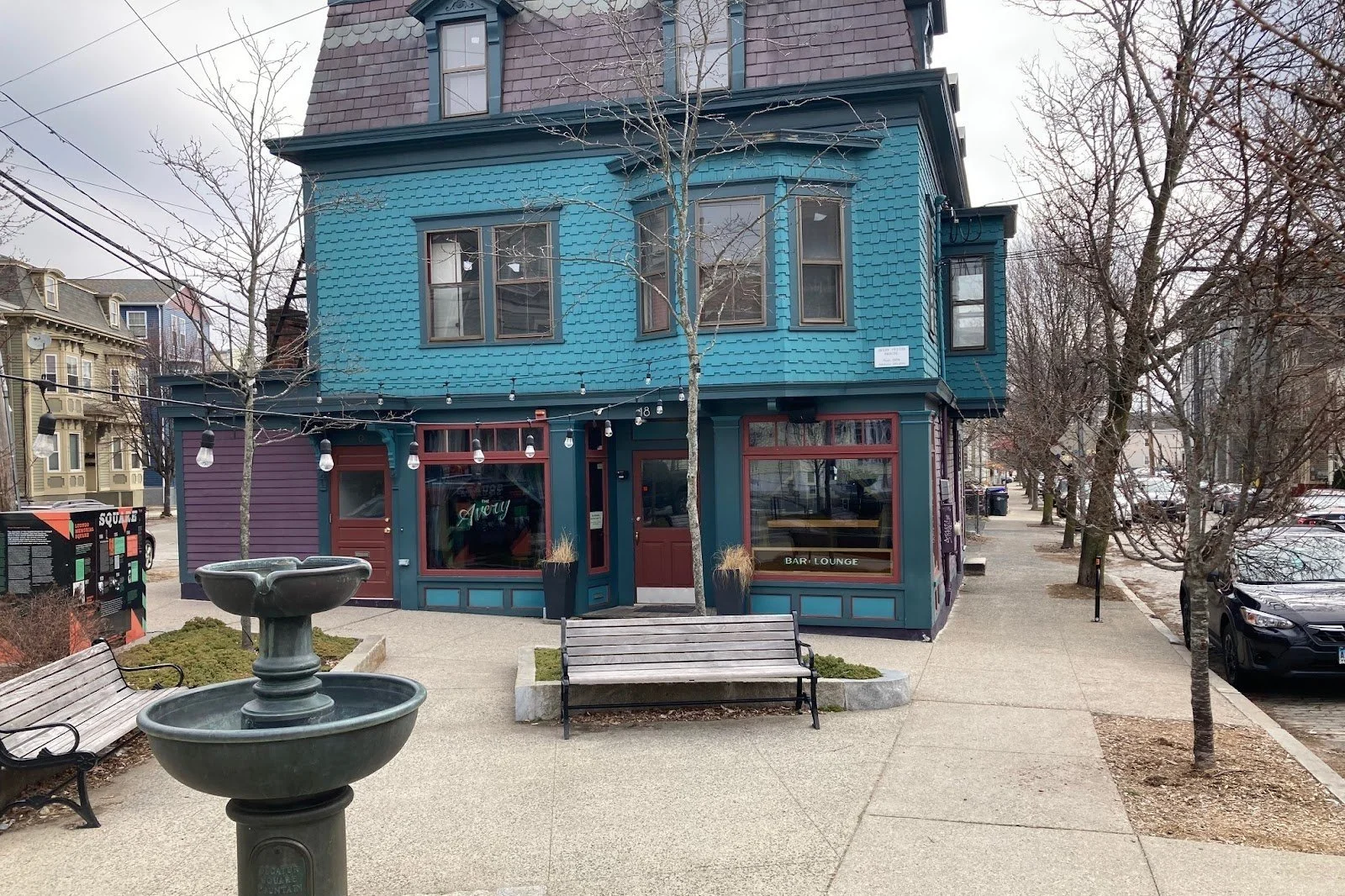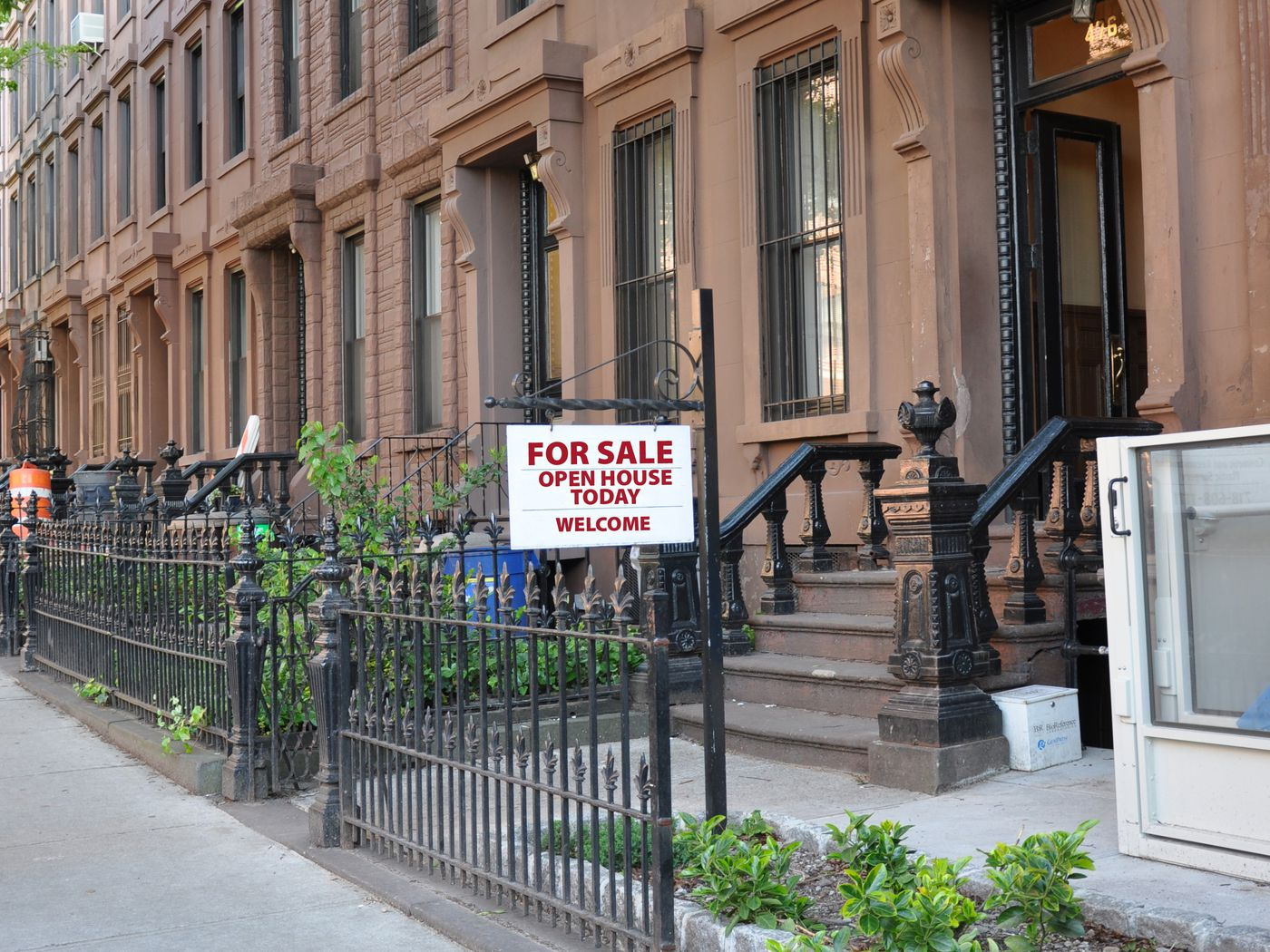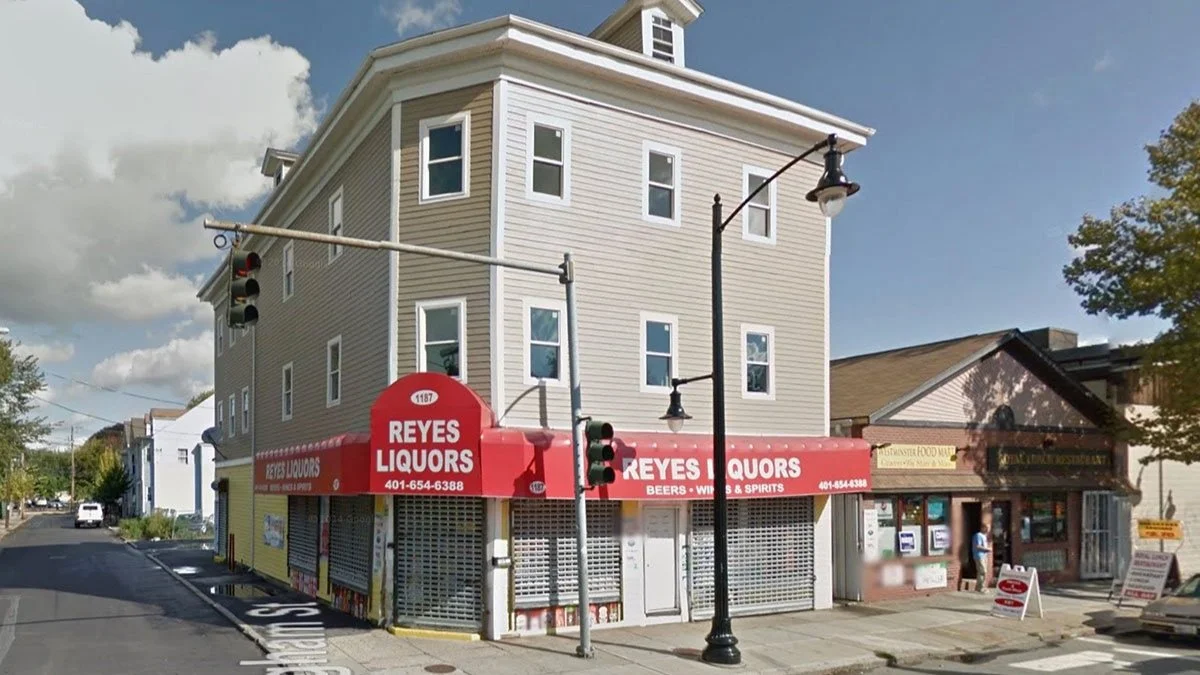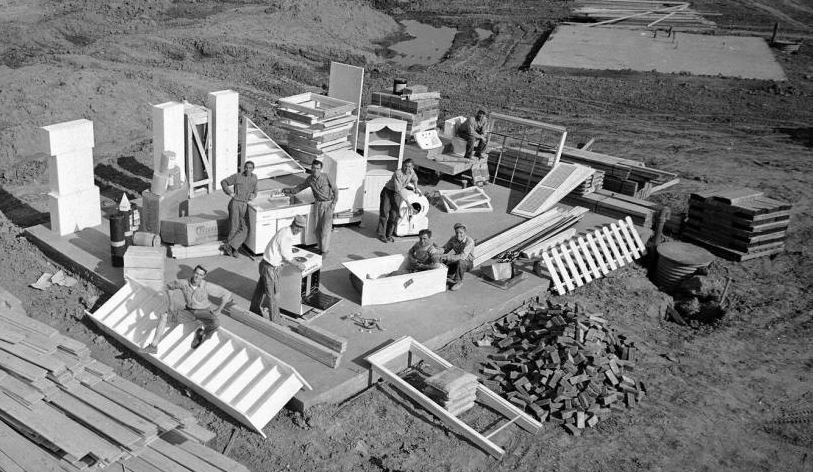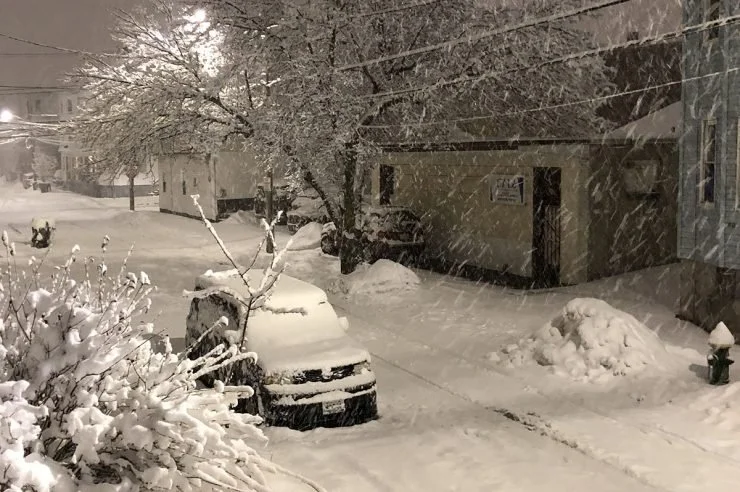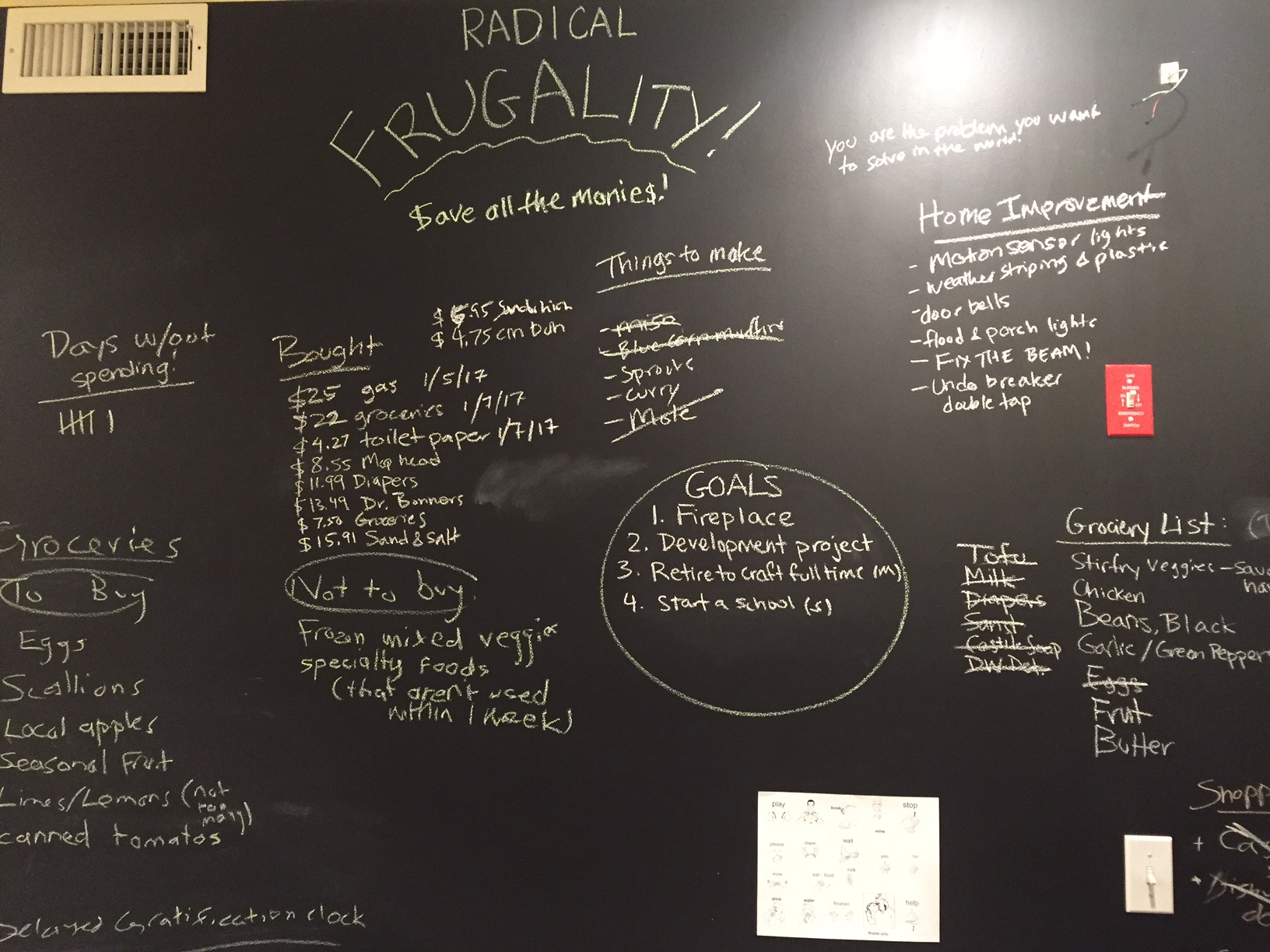Landlords may no longer be “land lords” in the historical sense, but they are still charged with a great number of responsibilities at a deeply local level—so, what does it mean to be a good steward of the land?
Read MoreFor a city to be “antifragile,” to bounce back from disaster and disruption stronger than it was before, it needs to embrace the lessons of healthy ecological systems.
Read MoreCounterintuitive though it may feel, sometimes to build a better city, we need to prune things back, rather than adding more.
Read MoreAldo Leopold was an ecologist, not an urban planner, but insights from his Sand County Almanac can resonate with anyone interested in urbanism.
Read MoreThese observations from a morning detour demonstrate why small neighborhood side streets are better than big, wide highways, even when it comes to moving traffic.
Read MoreWhat does and doesn’t work about the “great-granddaddy” of New Urbanism?
Read MoreIt’s time we change our zoning rules to allow more small commercial spaces to help spice up and enliven our residential streets and neighborhoods.
Read MoreWe’ve explored why new housing is so expensive…but why is it often the same case for used housing?
Read MoreLet’s #DoTheMath on some public infrastructure in Providence, RI.
Read MoreIn the first of this two-part series, Seth Zeren breaks down why modern-day housing is so expensive compared to housing of the mid-20th century.
Read MoreThis Rhode Island community came together to advocate for parking improvements in their neighborhood—and it worked.
Read MoreFor our real-estate markets to allow incremental development to be economically viable, there are some challenges we need to confront.
Read More(Hint: It doesn't involve luring a mega-corporation to our community.)
Read MoreEvery year in our household—like a lot of people—we make new years resolutions. This year we wanted to try something a little different.
Read MoreCities are complex ecosystems. For areas in need of redevelopment, the only way to return to a healthy urban fabric is incrementally, a few small projects a year until the neighborhood has buildings of every age and condition, suitable for adaptation to the particular needs of some future time.
Read More



